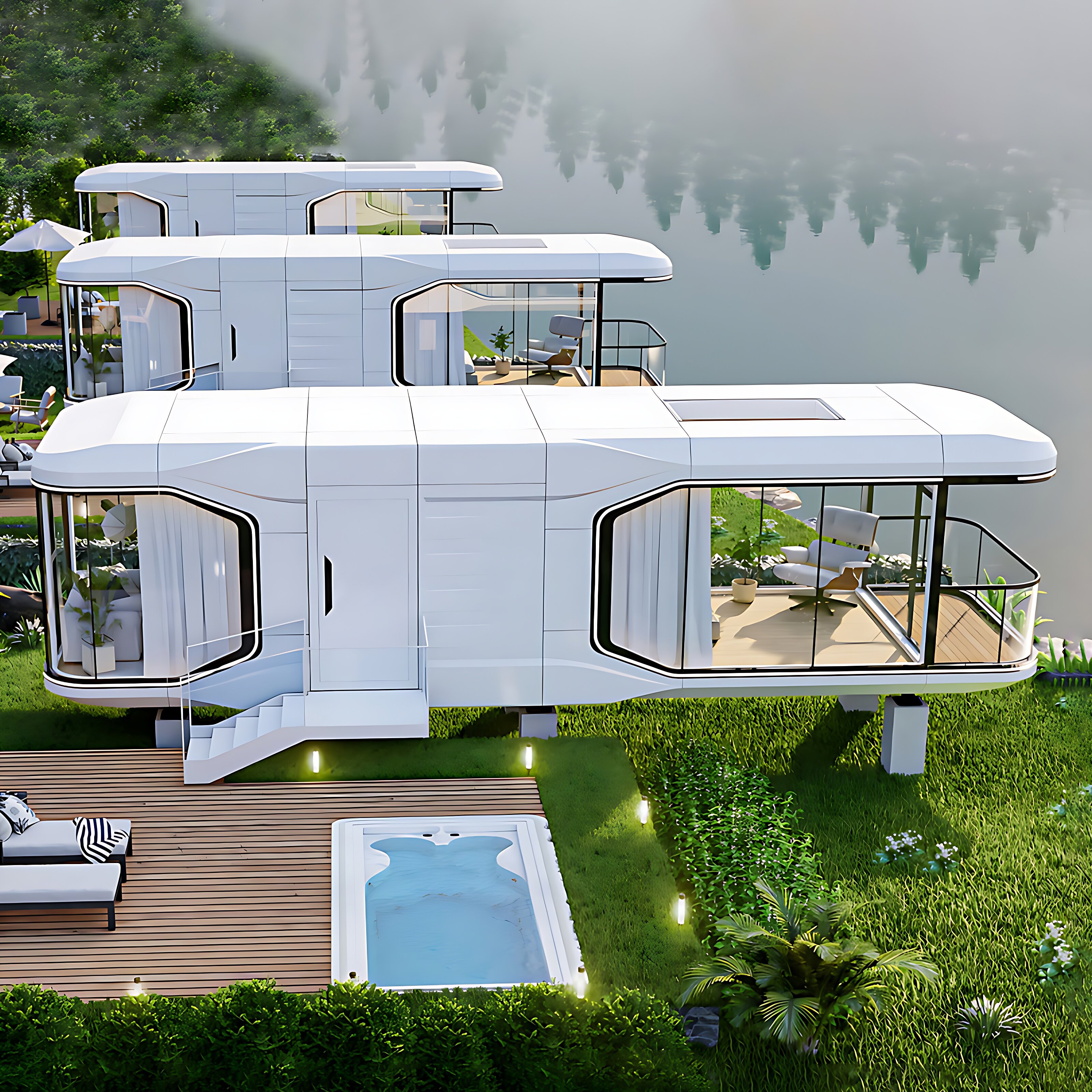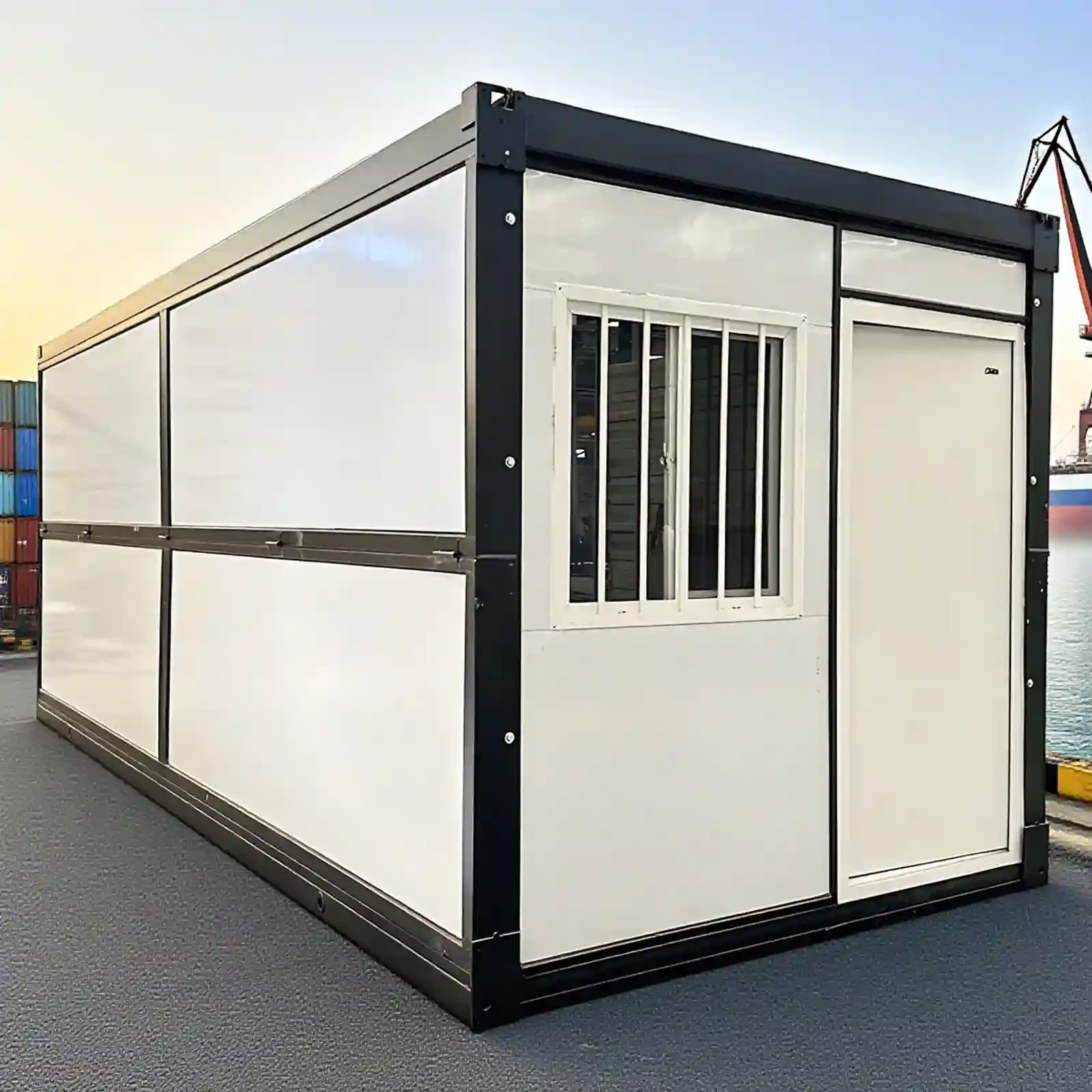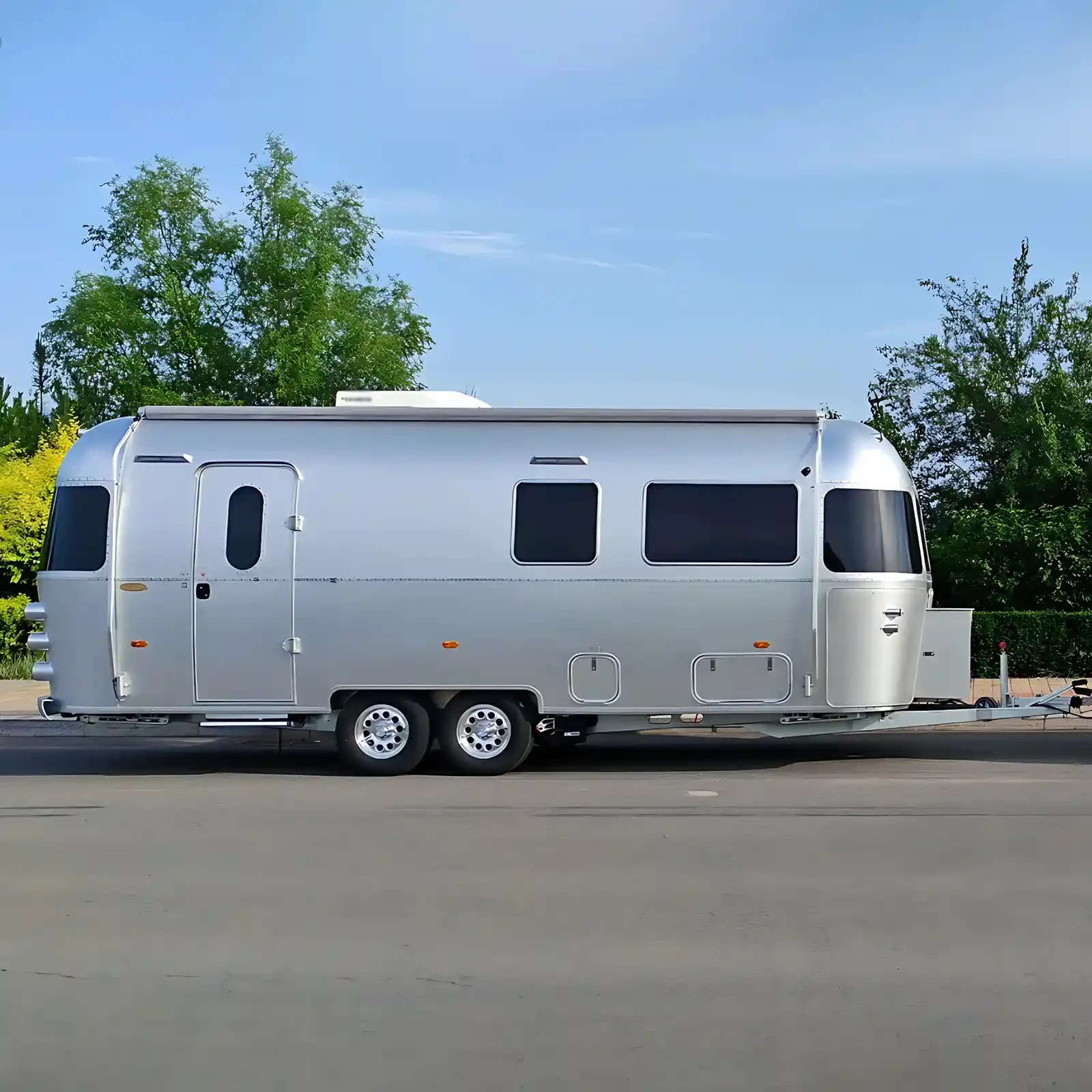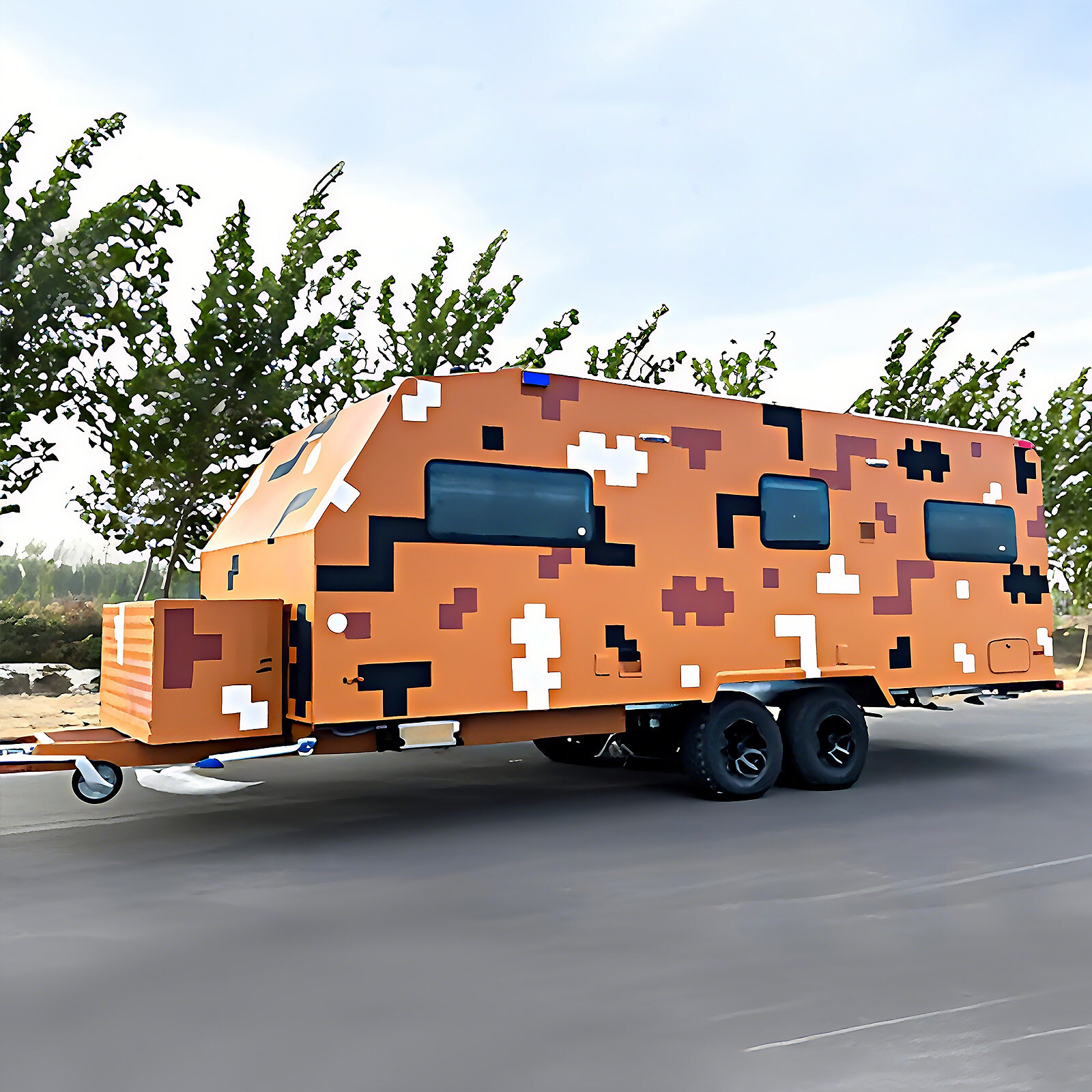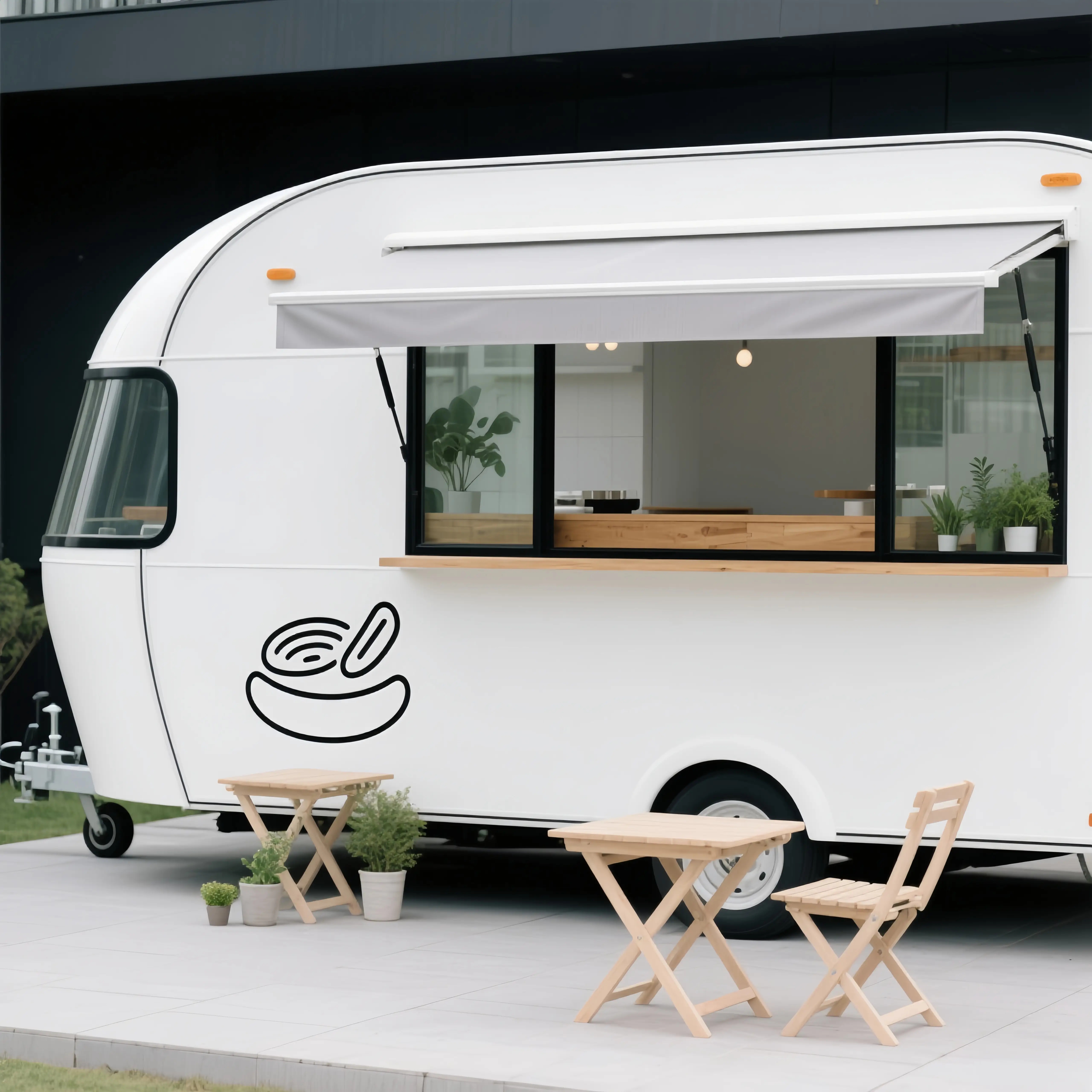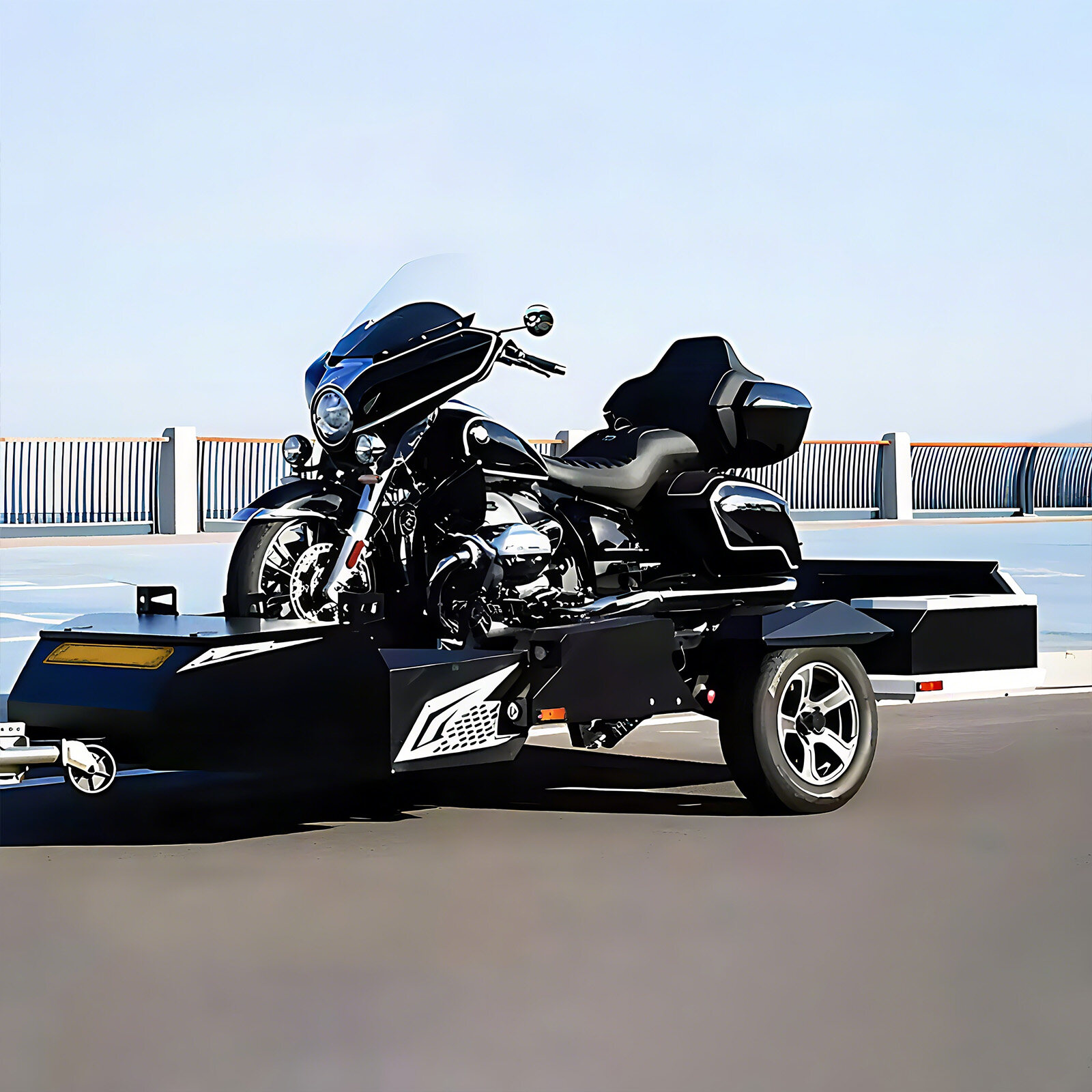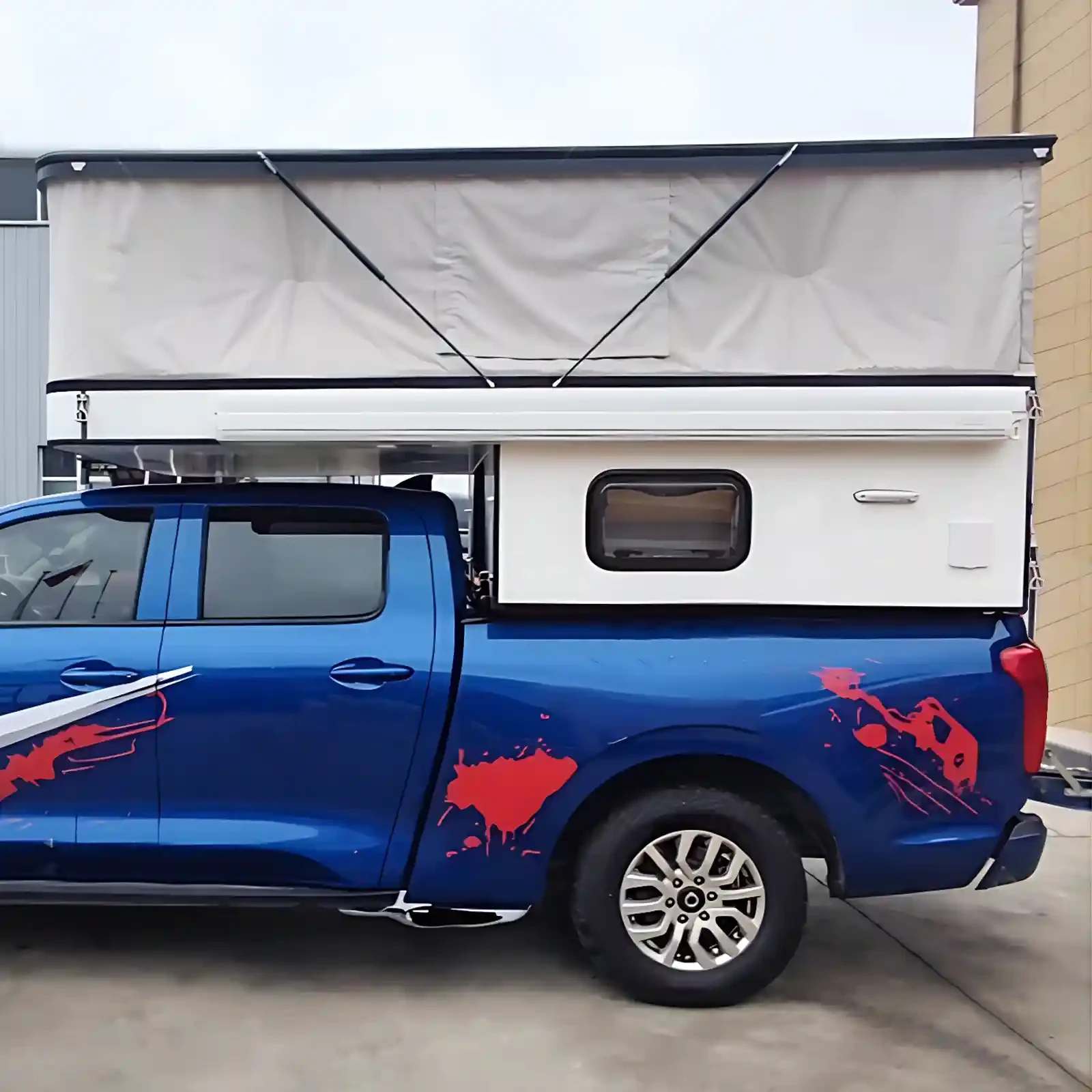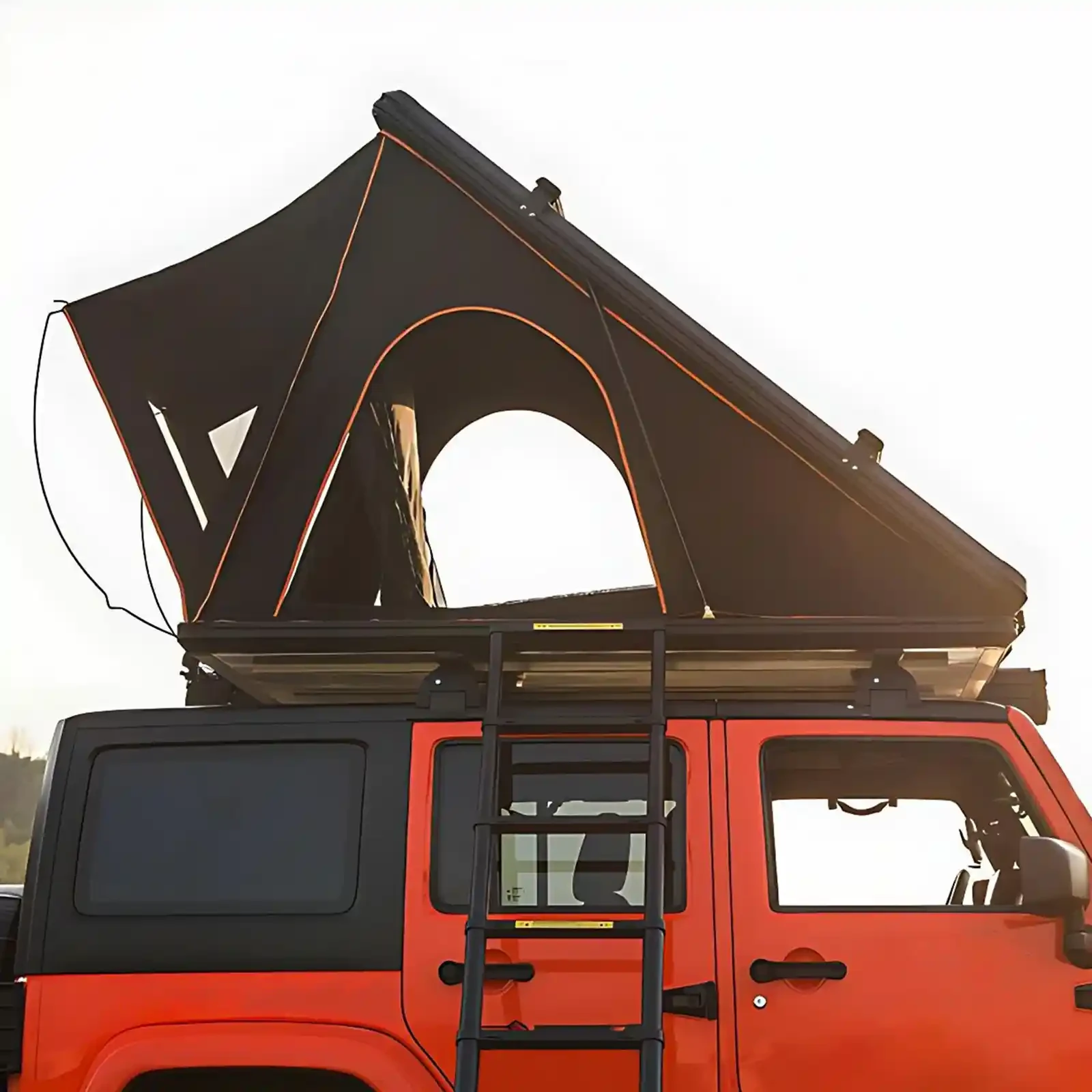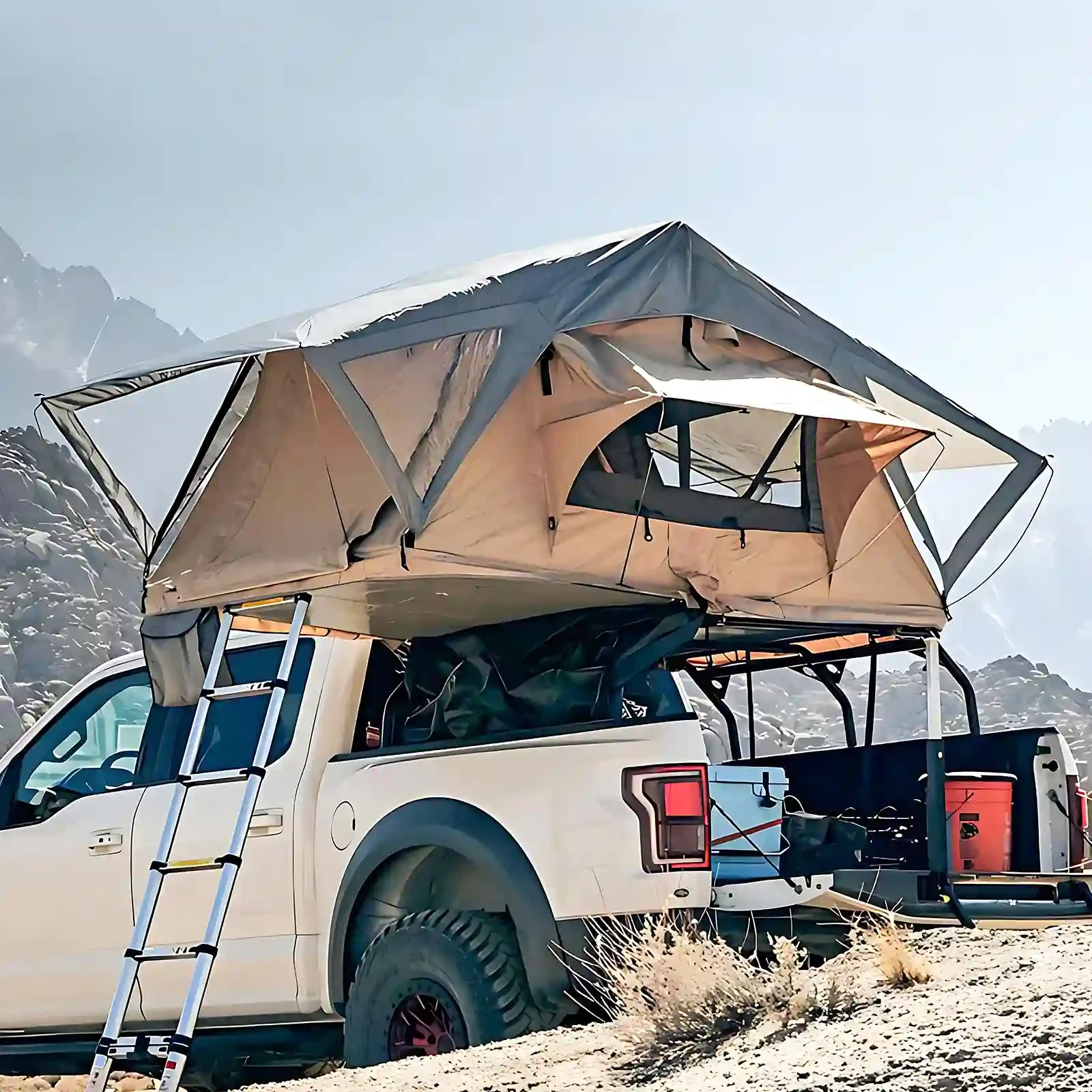There are many ways to travel, from staying in luxury hotels to youth hostels. Or simply get close to nature and gather a few friends to set up camp outdoors and experience the most authentic human life, cooking, chatting, and chatting. I'm sure you'll be hooked once you've had it!
However, wild camping is not camping.
Camping is a leisurely outdoor activity. People usually bring a tent and set up camp in the wild to spend a fun night. It is often combined with other activities such as hiking, fishing, or swimming.
Camping can be roughly divided into three types:
The first is conventional camping.
The second is trailer camping.
The third is a special type of camping.
Conventional camping
This involves walking or driving to a camping location, such as a valley, lakeside, or seaside, where people can build a bonfire, barbecue, cookout, and sing songs. People who engage in this kind of activity are called backpackers or travellers.
Trailer camping
This involves camping in a camping vehicle. These trailers are like houses, equipped with heating and cooling, electricity, and a kitchen. This type of camping is often referred to as a road trip.
Special Camping
During long rock climbing, where several days are needed to rest, people hang their tents on the cliffside. This type of camping is very exciting.
Camping involves setting up a tent or building a shelter with supplies. A campfire is essential for camping, as it provides protection from wild animals and allows for heating, grilling, and cooking food.
Choosing a Campsite
Choose a dry, flat site with good visibility and good views up and down. You'll need access to a path, a sheltered area with good drainage and easy access to water. You'll need to dig your own outdoor toilet, and prepare your own camping gear, cooking utensils, and food. A three-day and two-night camping trip is generally sufficient. Otherwise, the food will become stale and unhealthy if left out for too long.
Campsite options: Avoid cliffs prone to collapse or below dams. Pay attention to flood warnings.
Remember to avoid camping in the following six dangerous areas:
1. Avoid camping in the middle of a canyon to avoid flash floods;
2. Avoid camping near water to avoid rising water;
3. Avoid camping under cliffs to avoid falling rocks;
4. Avoid camping on high ground to avoid strong winds;
5. Avoid camping under isolated trees to avoid electric shock;
6. Avoid camping in bushes to avoid snakes and insects.
Wild camping and camping
Of course, the two terms are not interchangeable. Wild camping is about finding your campsite randomly, regardless of whether you have a tent or not. Camping is about planning your campsite, and your location is carefully considered in advance.

 USD
USD
 GBP
GBP
 EUR
EUR
